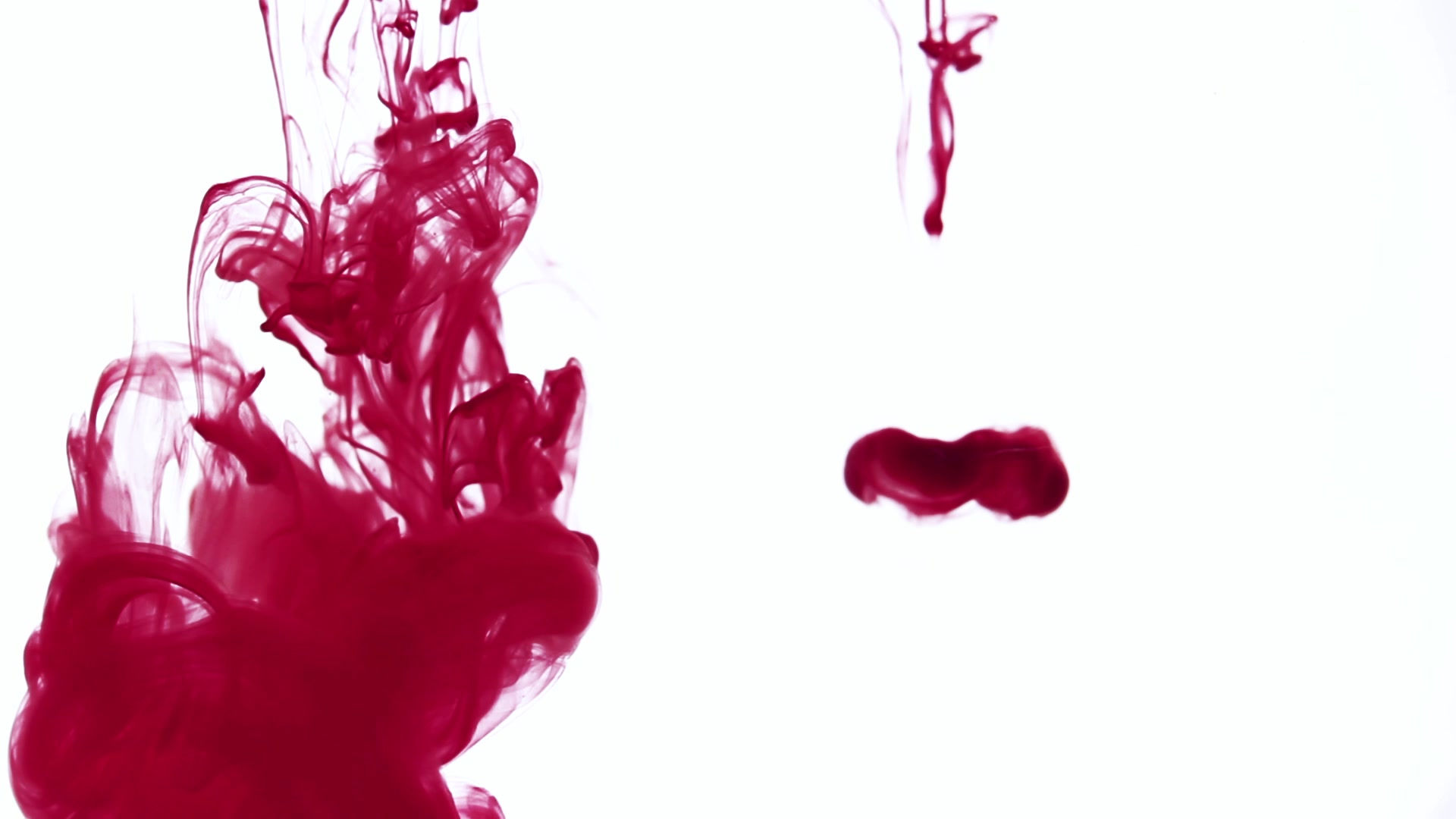

Blood Staining, Distribution and Splatter Patterns
Blood staining upon items of clothing and footwear worn by either a complainant or assailant at a scene or upon items potentially used a weapons can, in some cases, yield information in terms of pattern and distribution of staining, characteristics of staining and possible means of transfer.
In cases of assault or murder where bleeding injuries have been sustained, it is sometimes possible to determine an individual’s potential involvement in, or proximity to, such an incident by examination of the pattern, distribution and characteristics of bloodstaining upon items of their clothing and footwear.
Certain patterns of bloodstaining are consistent with an individual having been involved with a kicking, stamping or punching assault (the source of such bloodstaining would have to be confirmed by DNA analysis if possible).
It is also possible to examine items which have potentially been used as a weapon to determine if the presence, pattern and distribution of bloodstaining upon it, provides support for such a proposition.
Bloodstaining can also help to show if an individual was driving a vehicle at impact or was a passenger in the vehicle.


Other liquid staining
Similarly, it is, in some cases, possible to examine the pattern and distribution of other liquid substances eg. alcohol stains upon clothing in assault cases using glasses as weapons or acid attacks.
In one case we were able to show that the bleach that had allegedly "been thrown" had actually been poured onto the garment while it was lying flat on a surface such as a table or the floor.
For advice on blood/liquid staining, DNA Evidence and Bodyfluids contact our experts.


